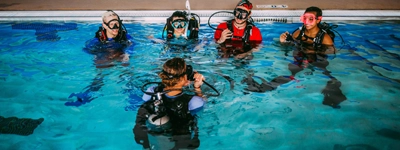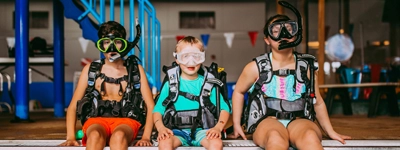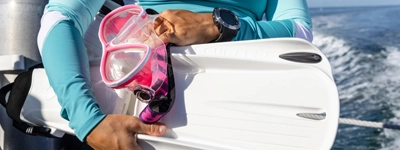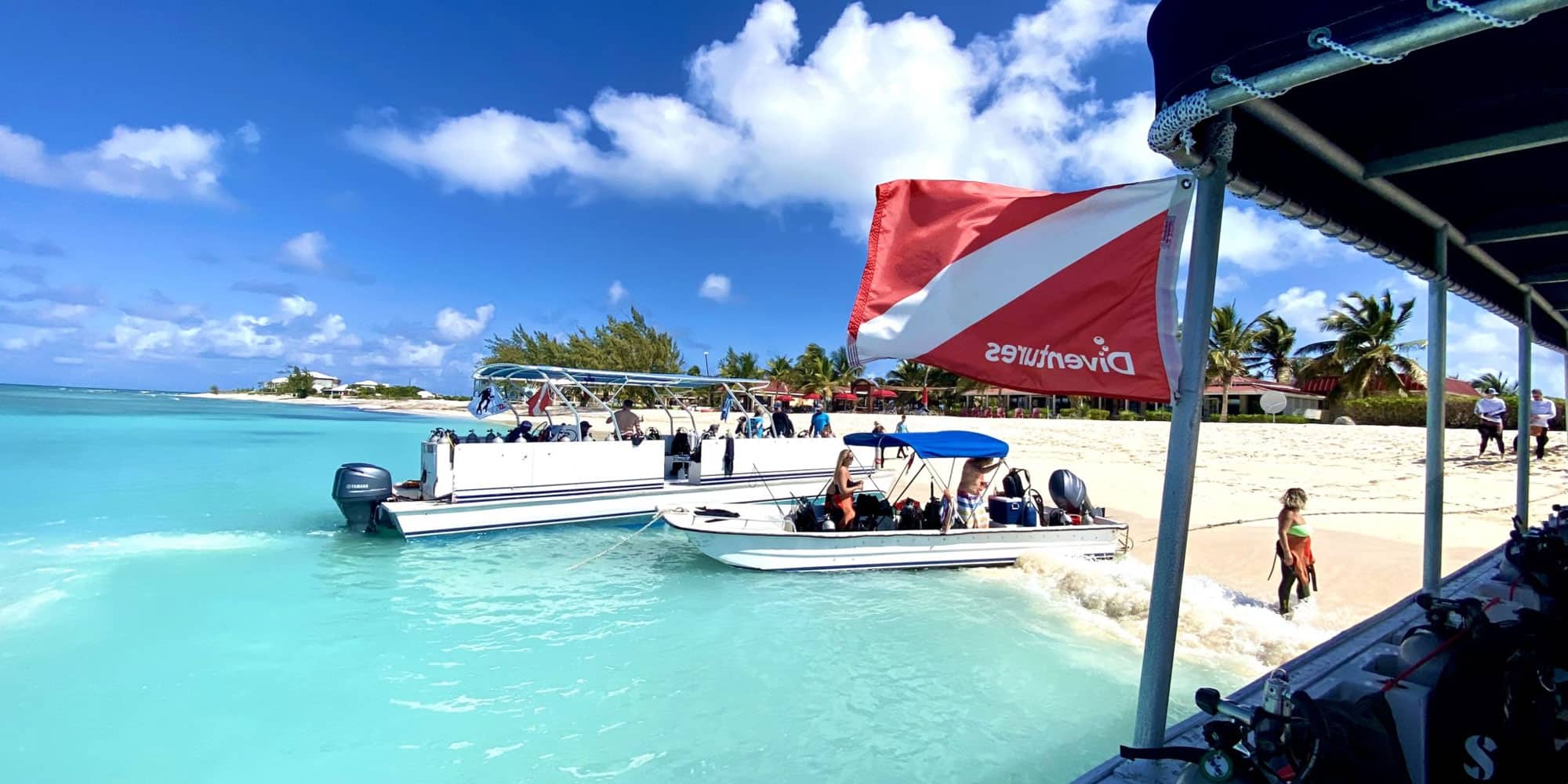
We know there are many risks involved when it comes to dive travel, which is why safety and risk management are so important! Safety isn’t just a checklist item for travel — it’s a promise we make to every person who trusts us with their journey.
We’ve put together a few essential safety tips to help you prepare for your next dive trip with confidence. Whether you’re traveling across the globe or diving close to home, keeping these in mind can make all the difference.
1. Health First
Has it been a while since your last dive, or have you experienced any changes in your health? Schedule a medical checkup before your trip.
If your physician isn’t familiar with dive-specific health concerns, Divers Alert Network (DAN) can provide guidance.
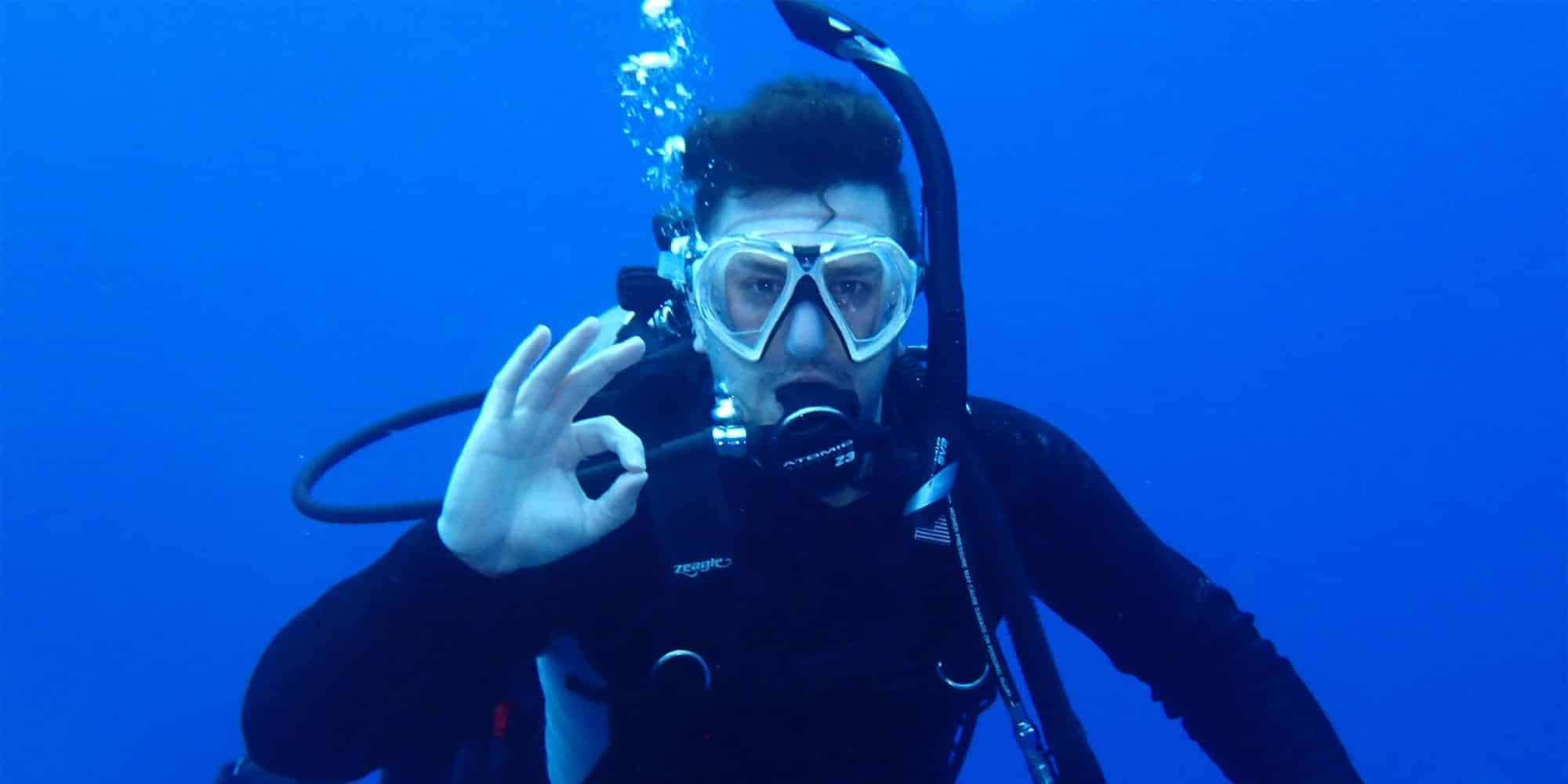
Tip: Starting a new prescription? Make sure you’ve been stable on it for at least 30 days before diving. Trying a new over-the-counter medication? Test it before your trip so you’re familiar with any side effects.
2. Pack Proper Safety Gear
Heading to a remote site, dealing with strong currents, or diving without a guide? Equip yourself accordingly. To be safe, bring a surface marker buoy and a reel—and know how to deploy them.

Tip: For added protection, especially on liveaboards or in remote areas, consider carrying a personal locator beacon like the Garmin InReach Mini. The right equipment can make all the difference in an emergency.
3. Prepare Your Emergency Plan
Every destination has unique risks. Do your research and create an emergency plan tailored to where you’re going. If you’re on a liveaboard, know the path from your cabin to emergency stations — and practice it, even in the dark. Confidence starts with preparation.
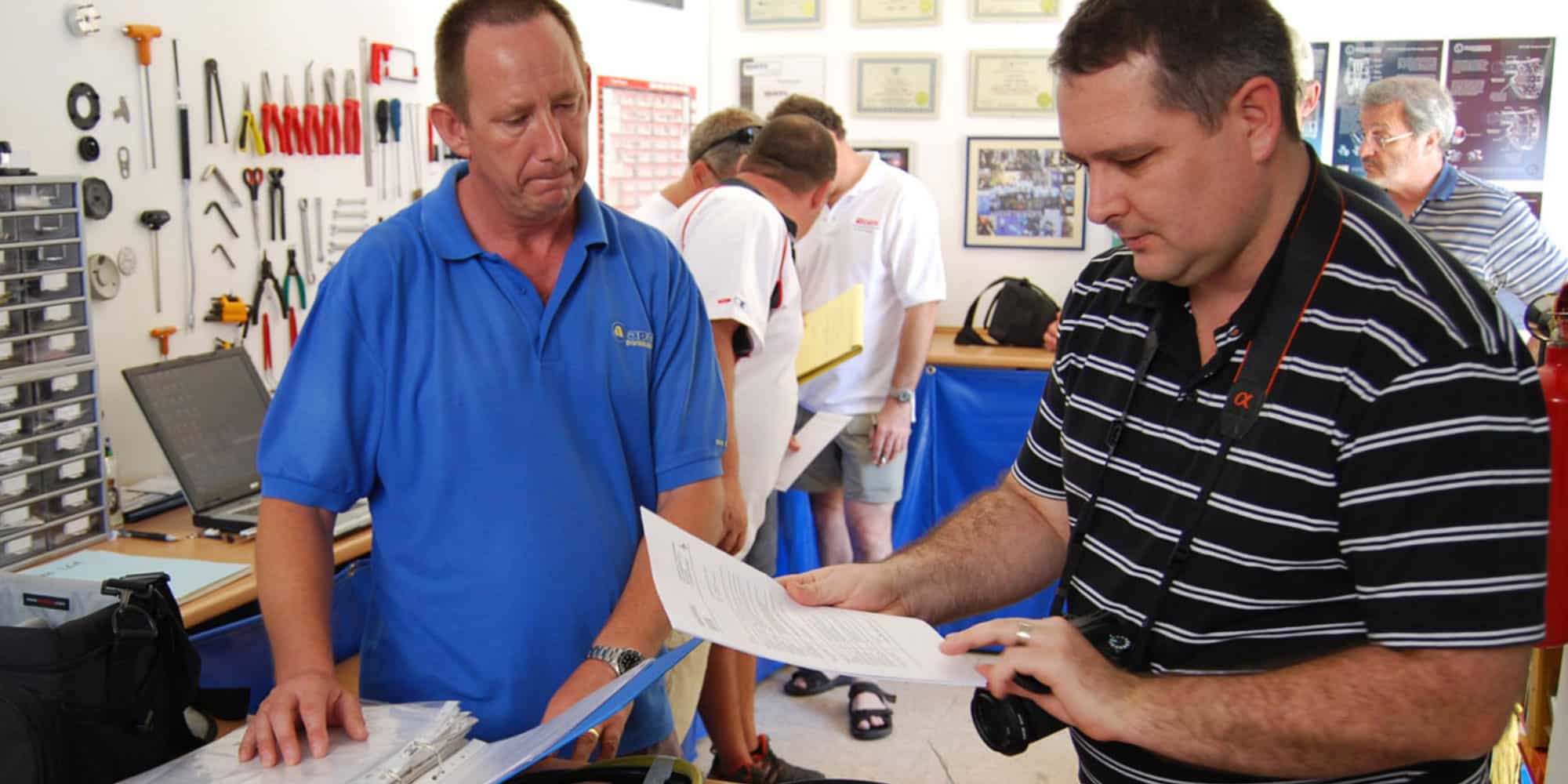
Tip: Pack a small drybag with essentials like your passport, credit cards, and other valuables. It can serve as a grab-and-go bag in an emergency.
4. Refresh Your Skills
If your emergency skills are rusty — or if you’ve never been trained — now’s the time! We offer courses in CPR, first aid, and oxygen administration. These skills can be lifesaving, especially when professional help isn’t immediately available.

Tip: Sign up for a Scuba Skills Update or Diving First Aid course if it’s been over a year since your last dive or training.
5. Get Insured (Seriously)
DAN membership provides emergency evacuation coverage, and DAN dive insurance can help cover treatment costs. Both are essential — and required for all Diventures trips. Without coverage, the financial burden of emergency care can be overwhelming.

Tip: Our Open Water Diver (OWD) students get free DAN Student Medical Coverage for their first four training dives. This includes up to $25,000 in accident insurance for covered incidents. It is valid until completion of the last certifying dive or after 180 days.
Bottom line: Safe diving is smart diving!
Our travel team works hard to ensure every partner and dive operator we work with puts safety first. We perform site visits, review qualifications, and verify insurance as part of a thorough vetting process.
Just as you carefully plan your dives, take time to plan for safety. It’s one of the most important investments you can make in your adventure!
Stay safe and dive smart,
– Megan & The Diventures Travel Team


